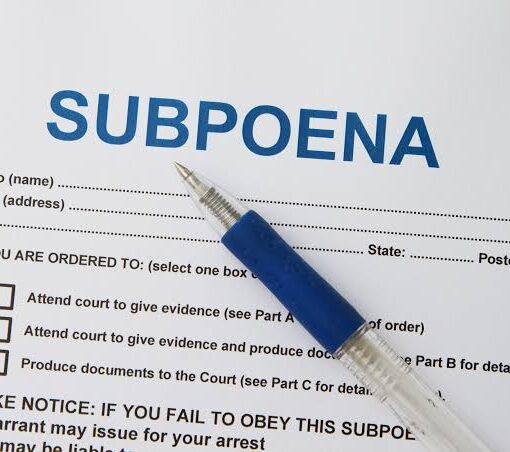Case status closed signifies the conclusion of legal proceedings, but it doesn’t provide information about the case’s outcome. In this overview, we would discuss it’s meaning and significance.
1. What Does “Case Status Closed” Mean?
When a case has a “Case status closed” designation, it typically means that the legal proceedings related to that case have come to an end. This status can apply to various types of cases, such as criminal, civil, or administrative, and it signifies that the primary phase of the case has concluded. However, it’s essential to note that “Case status closed” does not necessarily indicate a specific outcome, like guilt or innocence, but rather signifies that the case has reached a point where no further actions are immediately required.
2. Can a Case with ‘Case Status Closed’ Be Reopened?
Yes, in many legal systems, a case with a “Case status closed” designation can be reopened under certain circumstances. The conditions for reopening a case vary depending on the jurisdiction and the type of case. Reopening a case often requires new evidence coming to light or the discovery of legal errors that may have influenced the original outcome. It’s essential to consult with legal professionals or review the specific laws and regulations in your jurisdiction to understand the criteria for reopening a closed case.
3. Does ‘Case Status Closed’ Mean Not Guilty?
No, “Case status closed” does not inherently mean that the accused is not guilty. As mentioned earlier, this status primarily indicates that the legal proceedings related to the case have concluded. The case may have resulted in various outcomes, including a finding of guilt, a plea bargain, a dismissal, or even an acquittal. To determine the guilt or innocence of the accused, you would need to review the final judgment or verdict of the case, which should be available in the case records.
In summary, “Case status closed” signifies the conclusion of legal proceedings, but it doesn’t provide information about the case’s outcome. Cases with this status can potentially be reopened, and whether a person is guilty or not guilty depends on the specific judgment or verdict reached in the case. Legal matters can be complex, and seeking guidance from legal professionals is advisable when dealing with such issues.
Frequently Asked Questions
1. What Are the Different Case Statuses Besides “Closed”?
Cases can have various statuses throughout their lifecycle. Some common statuses include “Open,” “Pending,” “Active,” “Dismissed,” and “Resolved.” Each of these statuses conveys a different stage or condition of the case. For example, an “Open” case is one that is currently being actively pursued, while a “Dismissed” case is one that has been terminated by the court before reaching a final verdict.
2. Can a Closed Case Be Appealed?
Yes, in many legal systems, even after a case is closed, the parties involved may have the option to file an appeal. An appeal is a legal process that allows parties to challenge the decision or judgment made in the original case. It typically involves presenting arguments to a higher court, which can review the case for errors or injustices. However, there are usually specific deadlines and criteria for filing appeals, so it’s crucial to consult with an attorney if considering this option.
3. How Can I Check the Status of a Case?
You can check the status of a case by contacting the relevant court or using online resources provided by the court system. Many courts now have websites or online portals where you can search for case information using case numbers, names of parties involved, or other relevant details. Additionally, you can reach out to the court clerk’s office for assistance in obtaining case status updates.
4. What Does “Case Status Closed – Dismissed” Mean?
If you come across a case with the status “Case status closed – dismissed,” it typically means that the case has been terminated or thrown out by the court. This could be due to various reasons, such as lack of evidence, procedural errors, or a settlement between the parties involved. It does not imply a determination of guilt or innocence but rather a decision by the court to end the legal proceedings.
5. Can a Closed Criminal Case Affect Someone’s Record?
Yes, even after a criminal case is closed, it can have lasting effects on a person’s record. For instance, if someone was charged with a crime but the case was later dismissed or resulted in an acquittal, records of the arrest and charges may still exist in background checks and public records. These records can potentially impact employment opportunities, housing applications, and other aspects of a person’s life. In some jurisdictions, individuals may have the option to expunge or seal their records to mitigate these consequences, but the process varies by location.
RELATED:
Crime Victim certificate of compliance: Meaning, Significance and FAQs
Deferred Disposition vs Paying Traffic Ticket: An Indepth Comparison
In conclusion, understanding case statuses and their implications is essential when navigating the legal system. Different case statuses convey various stages and outcomes of legal proceedings, and knowing how to access case information and the potential consequences of closed cases is crucial for anyone involved in or affected by such matters.
Last updated on: April 25, 2024




